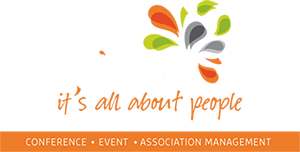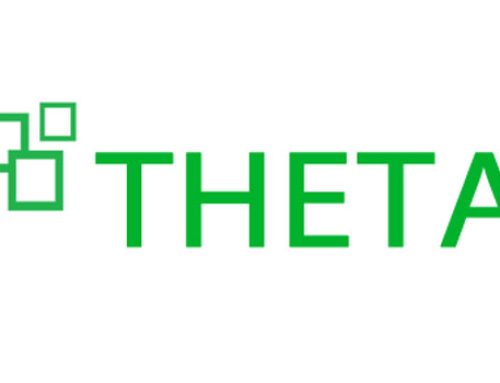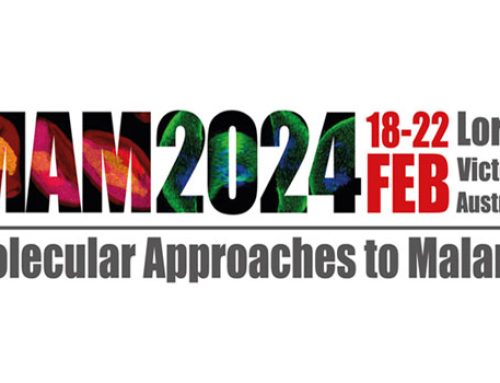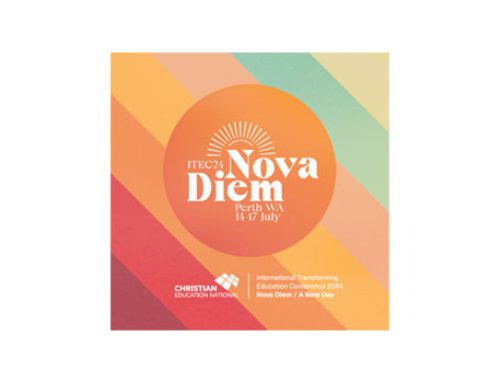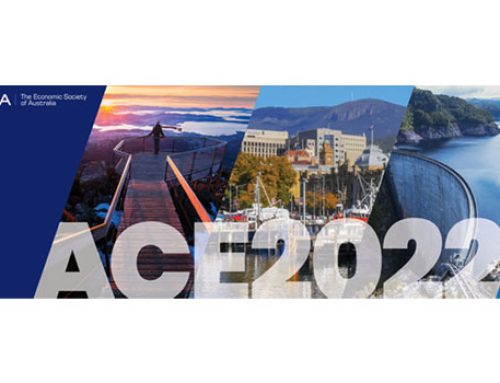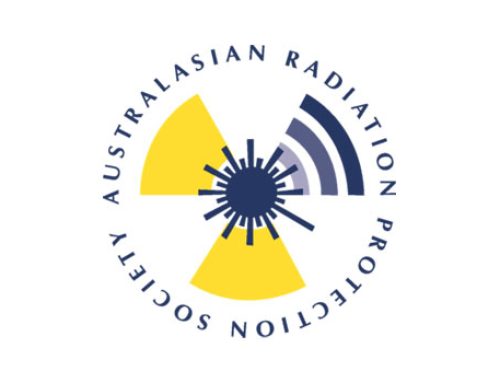SUSTAINABILITY CASE STUDY
The following is a case study focused on the various ways in which the Boden Research Conference delivered a sustainable and environmentally conscious event. The sustainability aspect of this was very well received by delegates who eagerly adhered to the ethos
CONFERENCE ETHOS: SUSTAINABILITY
The Boden Research conference, focusing on ecological surprises and the rapid collapse of ecosystems, successfully hosted a sustainable conference to ensure the conference footprint was minimal. The following strategies were implemented to facilitate the ‘green’ conference:
FOOD WILL PRIMARILY BE PLANT-BASED AND, WHERE POSSIBLE, LOCALLY SOURCED
All catering for the entire event was vegetarian and vegan. Avoiding meat and dairy products is the single biggest way to reduce your environmental impact on the planet, according to the scientists behind the most comprehensive analysis to date of the damage farming does to the planet. The same research shows that without meat and dairy consumption, global farmland use could be reduced by more than 75% – an area equivalent to the US, China, European Union and Australia combined – and still feed the world. Loss of wild areas to agriculture is the leading cause of the current mass extinction of wildlife. With this in mind, the decision was made to provide plant-based catering for the refreshment breaks and the conference dinner. For afternoon refreshments on the last day of the conference, as delegates were leaving, catering staff served vegan ice-cream in waffle cones to eat on the fly. This saved any packaging for ‘grab & go’ stalls and also provided a quirk that was very well received by the attendees.
ALL DELEGATES MUST BRING THEIR OWN KEEP-CUP AND WATER BOTTLE
Leishman Associates worked with the venue to ensure that solid reusable cutlery and crockery were used at all refreshment breaks, with absolutely no plastics or disposables used, such as plastic straws, single use cutlery and disposable coffee cups. Signage was also kept to electronic only on various screens throughout the venue.
NO DISPOSABLE OR PLASTIC ITEMS WILL BE USED
To cut out disposable plastic usage, as well as water and energy wastage for washing glassware, delegates were requested to bring their own water bottles and keep cups that could be replenished during the day. A limited number of water bottles and keep cups were available for purchase during the conference, however, delegates were advised that these would be for sale at a very elevated price, ensuring this was an absolute last resort. This tactic resulted in at least 90% of delegates brining their own bottle/cup to the conference.
PRIMARY ACCOMMODATION AND THE CONFERENCE DINNER WILL BE HELD WITHIN WALKING DISTANCE OF THE CONFERENCE VENUE
All aspects of the Conference, including Conference venue, accommodation and the social function venue, were all chosen so that delegates had a less than five-minute walk from any venue to the other. Canberra by nature is very walkable, and the idea was to reduce carbon emissions emitted by motor transport by choosing locations in close proximity and encouraging delegates to walk.
ALL CONFERENCE MATERIALS WILL BE ELECTRONIC
The conference program, handbook with abstracts, general information and delegate lists were all provided to delegates in electronic format. It was made clear to delegates prior to the conference that there would not be any hard copies available at the conferences, and printing of these documents was discouraged.
Delegates were encouraged to load the materials onto their phone, tablet or laptop to reduce unnecessary waste. Other than the environmental benefit of this practice, this meant that delegates always had access to the current program, in case of any last-minute changes. A distinct disadvantage of a hard copy program is that changes are unable to be reflected once the document has gone to print.
POSTER PRESENTATIONS WILL BE PRESENTED ELECTRONICALLY
Poster presenters were instructed to produce their poster on a PowerPoint slide in 16:9 format. These e- Posters were then presented in the plenary sessions, just prior to each refreshment break. This ensured no printed or laminated posters as well as saving space and cost in terms of poster boards and adhesive materials.


